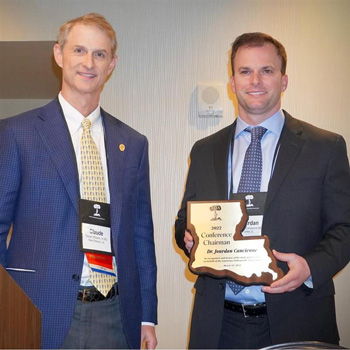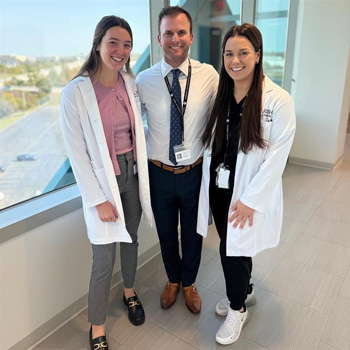Autologous Mesenchymal Stem Cells
Stem cell therapy is a form of regenerative medicine that utilizes the body's natural healing mechanism to treat various conditions.
Corticosteroid Injections
Steroids act like the hormone cortisol, which works on our own defense system to reduce inflammation in the body. Because most cells in our body have cortisol receptors, it also affects many other functions: cortisol helps control blood sugar levels and blood pressure, regulates the metabolism, and affects salt and water balance.
Gel Injections (Hyaluronic Acid)
A healthy knee joint has up to four milliliters of joint fluid within the joint capsule. Inside the joint capsule, specialized cells known as synoviocytes produce the components of this joint fluid: hyaluronic acid (which is also one of the main components of cartilage), salts, collagen, and different proteins. Hyaluronic acid (HA) gives the joint fluid its viscous, slippery quality. It acts like a shock absorber and lubricant in your knee joint and is needed to help the joint work properly, allowing the cartilage surfaces that coat your bones to glide on each other smoothly.
Platelet Rich Plasma
Blood has four main components: red blood cells, white blood cells, platelets, and plasma. Platelets are tiny blood cells that are mainly in charge of blood clotting; they transport over 1,500 proteins responsible for stimulating the proliferation of new cells and collagen (one of the main components of cartilage) and also function to suppress inflammation and cell death.
Stem Cell Treatment
Most patients are interested in stem cell treatments because of their potential for tissue regeneration and regrowth. While this is an exciting and rapidly developing part of orthopaedics, thus far many of the idealized outcomes have yet to be widely realized in clinical practice.













